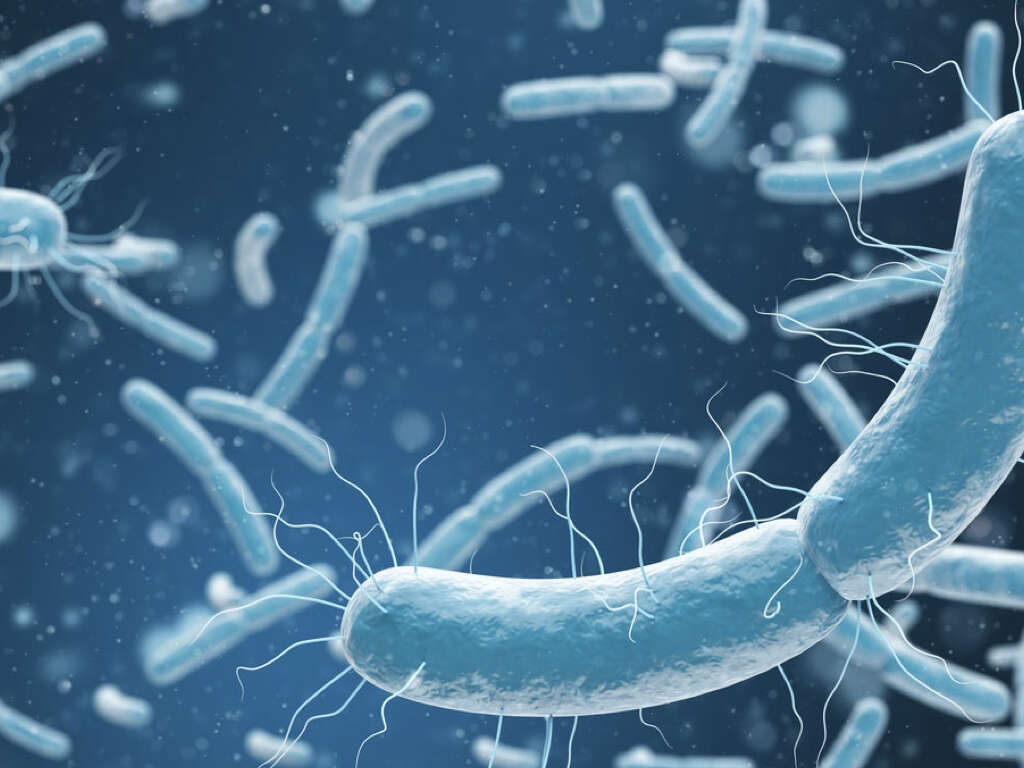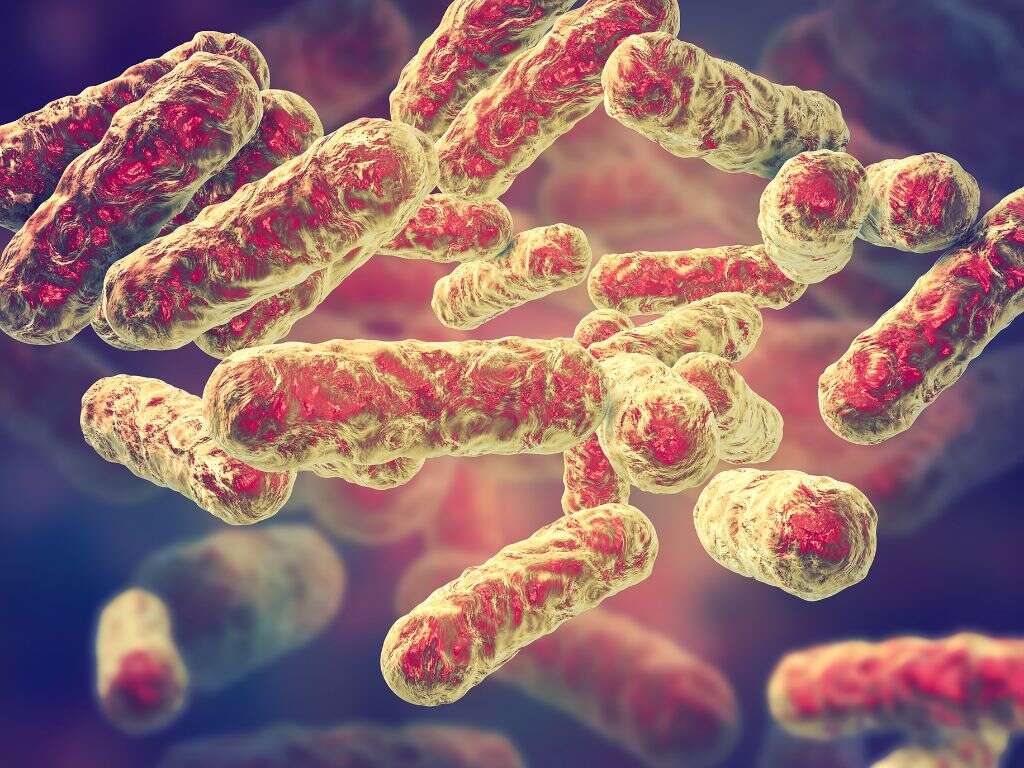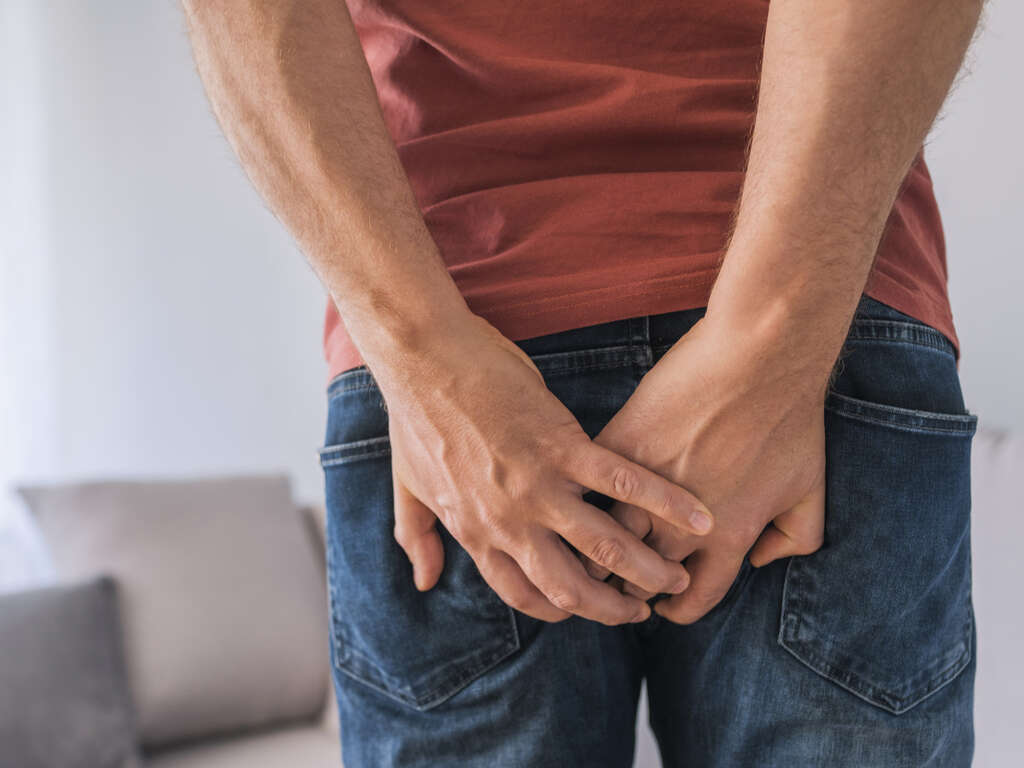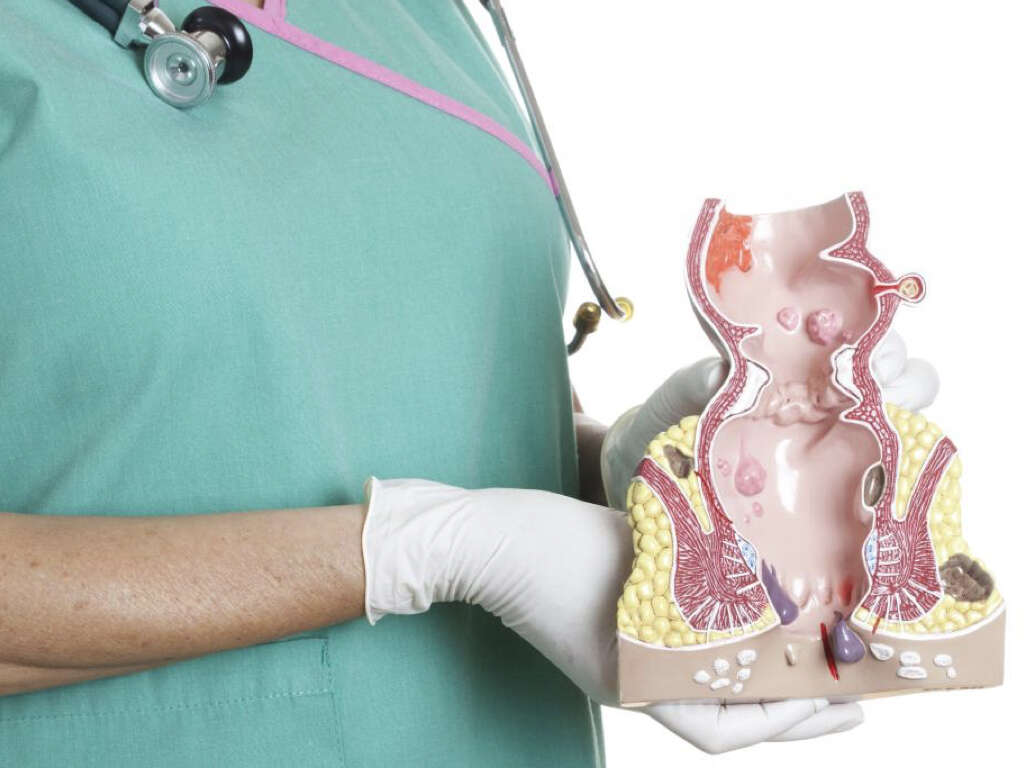Symptoms and Treatments of Stool Parasites
Parasitic worms, also called intestinal worms, are broadly classified into two types: helminths, which are the most prevalent type of stool parasites, and protozoa. A parasite depends on its host for nutrients. Some stool parasites prefer human hosts, but most species use humans as hosts only by chance.11. Kucik, Corry J., et al. ‘Common Intestinal Parasites.’ American Family Physician, 1 Mar. 2004, www.aafp.org/afp/2004/0301/p1161.html
Although people in developing countries are most at risk for intestinal parasites, cases occur in the United States as well. Children become infected with parasites more frequently than adults, but a child with stool parasites can introduce them to an entire household.

Tapeworms
Symptoms of tapeworm infection vary according to the worm species. Most infections cause mild nausea, weakness, diarrhea, dizziness, loss of appetite, abdominal pain or a craving for salt.
Invasive infections occur when tapeworms leave the intestines and form cysts in other tissues. This can lead to infection or tissue destruction in organs and muscles. Large tapeworms can block the appendix, bile ducts or pancreatic ducts. These blockages result in stomach pain and digestive problems. Neurocysticercosis occurs when tapeworm cysts form in the brain or nervous system. Potential symptoms include headaches, visual impairment, meningitis, seizures, confusion or poor coordination.

Pinworms
Pinworms are the most prevalent type of helminthic parasite in the U.S. The most recognizable symptom of infection is anal itching, especially during the night. Itching is accompanied by restless sleep and pain and skin irritation around the perineal area.
Pinworms may be visible in stools or around the anus Sometimes people have only mild symptoms or no symptoms at all. However, a severe pinworm infection can cause nausea and abdominal pain.

Hookworms
Two hookworm species infect humans. Hookworms travel through the respiratory and circulatory systems to reach the digestive tract. Sometimes they affect breathing or cause lung infections, but most cases are asymptomatic until hookworms reach the small intestine.
Blood loss and anemia are concerns if someone's infected for a long time because each individual stool parasite consumes up to 0.25 milliliters of blood each day. Other symptoms include swelling and fluid retention, weight loss, fatigue, nutritional deficiencies and pica, a craving for nonfood items.
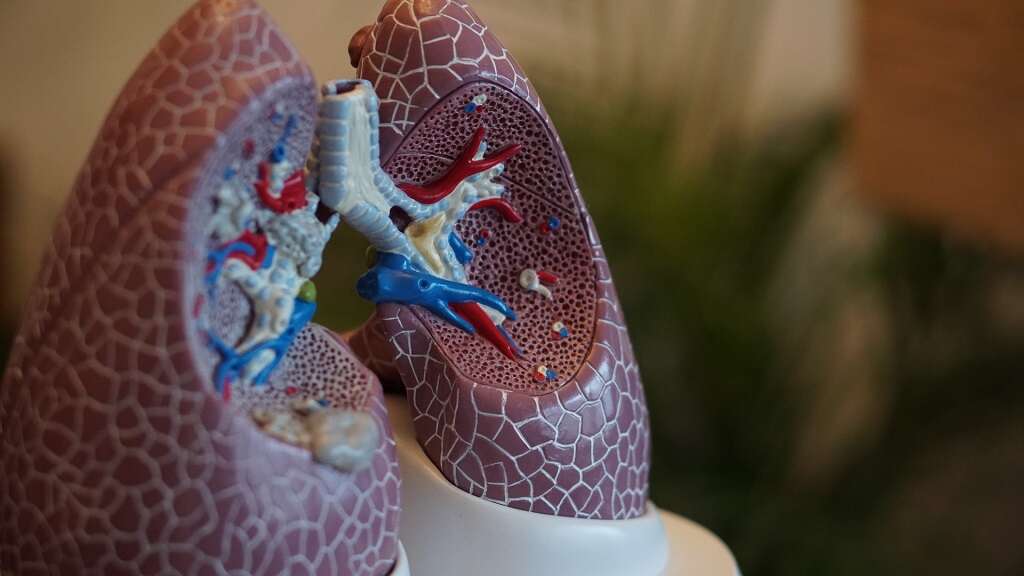
Ascariasis
Ascariasis is a stool parasite commonly known as roundworm. Mild ascariasis infections are asymptomatic, but severe infection may occur if larva enter the bloodstream.
Larva in the lungs causes symptoms similar to pneumonia, such as persistent cough, shortness of breath and wheezing. Adult roundworms in the small intestine can result in abdominal pain, nausea, vomiting, and diarrhea or blood in stools. People with large numbers of intestinal worms may experience weight loss, fatigue, malnutrition and visible worms in vomit or stools.
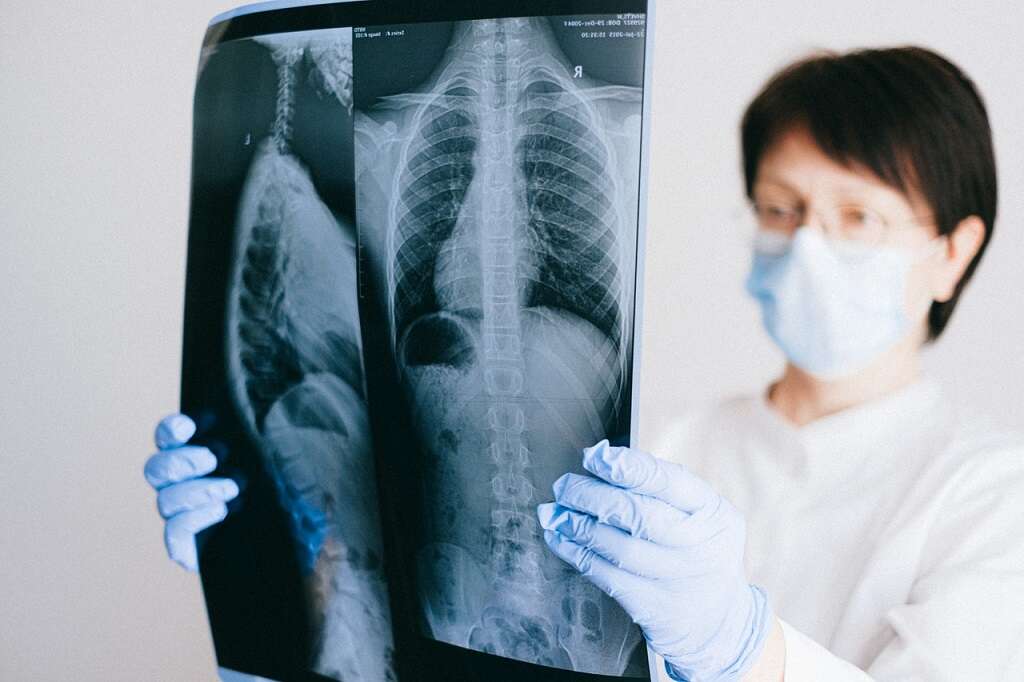
Amebiasis
A protozoan stool parasite called E. histolytica causes an illness called amebiasis. Approximately 90 percent of infections are asymptomatic, but E. histolytica can be fatal. Parasites attached to the intestinal lining can cause bleeding ulcers.11. Kucik, Corry J., et al. ‘Common Intestinal Parasites.’ American Family Physician, 1 Mar. 2004, www.aafp.org/afp/2004/0301/p1161.html
In severe cases, parasites break through the intestinal wall and travel through the bloodstream to the liver, lungs and brain. Severe infection can cause bloody diarrhea, severe abdominal pain, liver abscesses, fever, malnutrition and weight loss. Very rare cases result in an intestinal blockage.11. Kucik, Corry J., et al. ‘Common Intestinal Parasites.’ American Family Physician, 1 Mar. 2004, www.aafp.org/afp/2004/0301/p1161.html

Giardia
Giardia lamblia is a protozoan that infects more people than any other parasite on a worldwide basis. It's second only to pinworm in the United States. Sometimes G. lamblia infection is called backpacker's diarrhea or beaver fever.
It's a water-borne stool parasite and infects people during outdoor activities such as backpacking, hunting or camping. Symptoms include abdominal pain, gas, bloating, fever, headache, fatigue, nausea, and vomiting. Diarrhea is watery or greasy and has a very foul odor.

When To Call a Doctor
People with stool parasite infections may not realize it. Symptoms frequently resemble many other illnesses and infections. It's best to consult a doctor for certain symptoms, including vomiting for more than two days, unexplained fever, unintended weight loss, extreme fatigue or lethargy and dehydration.
Visible blood or pus in stools also requires medical attention. Diarrhea in young children can be especially dangerous, so it's best to see a doctor if diarrhea lasts more than one day.11. Kucik, Corry J., et al. ‘Common Intestinal Parasites.’ American Family Physician, 1 Mar. 2004, www.aafp.org/afp/2004/0301/p1161.html

Anthelminthic Medications
Anthelmintic medications are used to control stool parasites, such as roundworms and hookworms. Albendazole and mebendazole are commonly prescribed anthelmintic drugs. Iron supplements or multivitamins may be prescribed to combat anemia or malnutrition.11. Kucik, Corry J., et al. ‘Common Intestinal Parasites.’ American Family Physician, 1 Mar. 2004, www.aafp.org/afp/2004/0301/p1161.html
Managing stool parasites also includes eradicating them from the environment. Clothing, bed sheets and blankets should be thoroughly laundered and all surfaces in bathrooms need to be disinfected. It may be necessary to clean floors and other surfaces in the home as well.11. Kucik, Corry J., et al. ‘Common Intestinal Parasites.’ American Family Physician, 1 Mar. 2004, www.aafp.org/afp/2004/0301/p1161.html

Amebicidal Medications
Medications known as amebicidal agents are used to control protozoa infections. Paromomycin is usually taken for a week and may be safe during pregnancy. Furamide is an alternative if paromomycin isn't effective. However, furamide isn't safe during pregnancy and the medication is only available from the CDC at this time.11. Kucik, Corry J., et al. ‘Common Intestinal Parasites.’ American Family Physician, 1 Mar. 2004, www.aafp.org/afp/2004/0301/p1161.html
Iodoquinol is used to treat some protozoa infections, but it can damage eyesight in rare cases. Some antibiotics, such as tetracycline, erythromycin, and metronidazole, are effective against protozoa infections.11. Kucik, Corry J., et al. ‘Common Intestinal Parasites.’ American Family Physician, 1 Mar. 2004, www.aafp.org/afp/2004/0301/p1161.html

Managing Complications
Although severe complications of stool parasite infections aren't typical, they do occur. Liver abscesses can burst and release infectious fluid into the abdominal cavity. This is a medical emergency. Doctors may drain infected fluids and follow up with IV antibiotics. Sometimes, surgery is necessary to drain fluids or remove abscesses.11. Kucik, Corry J., et al. ‘Common Intestinal Parasites.’ American Family Physician, 1 Mar. 2004, www.aafp.org/afp/2004/0301/p1161.html
An intestinal blockage caused by worms or protozoa is potentially life-threatening. Medical professionals may try to surgically remove the blockage, but sometimes damaged intestinal tissue is removed as well.




